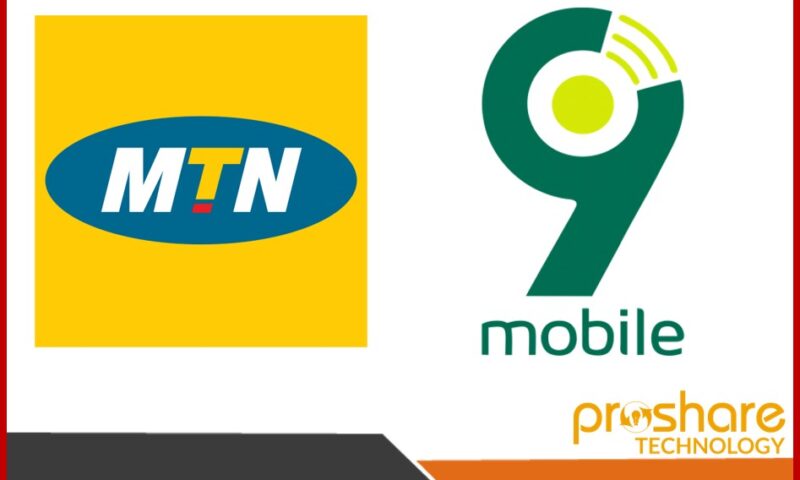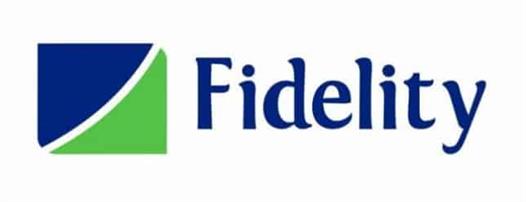Naicom to train 10,000 MSME insurance operators
The National Insurance Commission (NAICOM), says it will educate no fewer than 10,000 Micro, Small and Medium Enterprises (MSME) operators, on the need to key into insurance.
Mr Rasaaq Salami, NAICOM’s Head, Commissioner for Insurance Directorate, told the News Agency of Nigeria (NAN), in Abuja on Monday, that the engagement was to enable the operators safeguard their businesses.
Salami said the commission would work with the Small and Medium Enterprises Development Agency of Nigeria (SMEDAN), to appropriately identify the operators to engage and educate in various states.
He said that the Federal Government had set aside some funds for MSMEs to survive, adding that insurance would help their businesses in times of uncertainties.
“We heard the government set aside some funds like the N75 billion MSMEs Survival Fund, but where is the place of insurance in all these.
“It is not for the government to go and arrange the insurance, but we believe that for every beneficiary of this fund, they should ensure that they take up insurance.
“Small businesses can fail, but a small business that is insured, even when you suffer a failure, will bring you back to the level you were before the failure.
“We want to be able to talk to not less than 10,000 MSMEs across the country, for them to know the benefits of insurance to their businesses so that they do not fall victim.
“We are going to start the first engagement in Abuja. We believe that there is ignorance and we want to bridge that gap so that they will know the benefits of insurance.
“Apart from the big insurance companies, we also have micro and takaful insurance companies,’’ he explained.
On compulsory insurance, Salami said the commission was collaborating with the relevant state governments and law enforcement agencies to form a team that would ensure compliance in states.
He said that the commission led by the Commissioner for Insurance, Mr Sunday Thomas, had met with Dr Kayode Fayemi, the Ekiti State Governor and Chairman of the Nigeria Governors’ Forum.
The meeting, Salami said, was to apprise him of the objectives and benefits that were inherent in the compulsory insurance arrangement.
“We believe that if we successfully ensure compliance to these compulsory insurances, the scarce resources at the disposal of state governors will be channeled to other ventures that will be beneficial to the state.
“It is better than using the resources to compensate traders whose markets got burnt or their buildings collapsed



